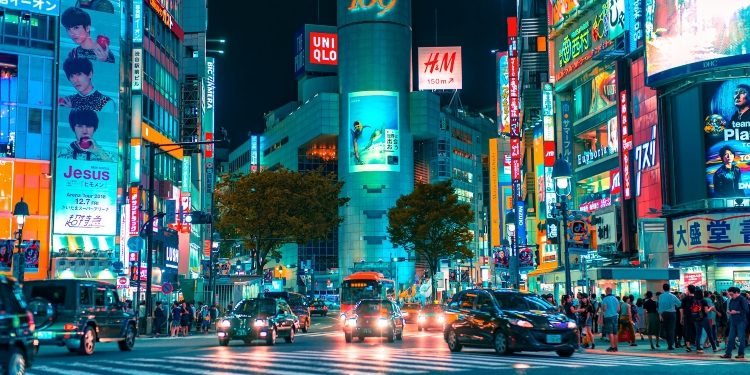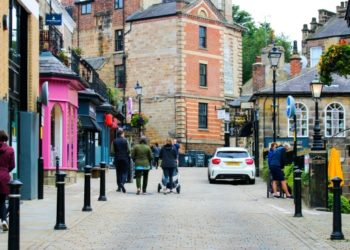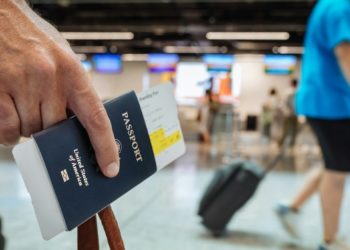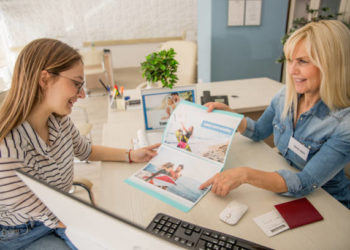The way we travel has undergone many significant changes in recent years, from the advent of the Internet to the dawn of budget airlines and travel apps. Even the way we take and share our holiday snaps has altered dramatically. Here are just some of the ways that travel has changed in the past few decades.
Technology
Technology has drastically altered both how we travel and who travels. The introduction of the internet made travel more accessible as it placed booking into the hands of travellers rather than travel companies for the first time. More recently, the invention of travel apps has made planning a holiday quicker, easier and less expensive than it might have been in decades past.
Technology hasn’t just changed how we book our holidays either. It also now plays a key role in our experience of travelling, from contactless payment and check-in to AI customer service.
Low-Cost Flights
The dawn of the budget airline has made travel abroad a possibility for many people who previously wouldn’t have been able to afford airfares. Their existence has pushed prices across the board down making air travel more affordable for the average person.
New Destinations
Once, holiday-goers would only have considered destinations that featured in a brochure but these days, travellers are looking to get off the beaten track for more authentic experiences that don’t include well-known tourist hotspots.
People are visiting places further afield, with destinations like the Middle East and East Asia becoming popular. Travellers are holidaying in far-flung places, for example, opting for Japan trips that decades ago would have seemed out of reach.
Alternative Accommodation
A couple of decades ago, accommodation options were limited to hotels, hostels or campsites but Airbnb has changed all that. The company is not without its criticisms but has undoubtedly revolutionised the way we travel and where we stay.
Airbnb and the similar companies that have sprung up since, such as Vrbo and Flipkey, are ideal for those who might otherwise have struggled to find accommodation to suit their needs. For example, those looking for accessible accommodation, families with children, people travelling with their pets, or large groups who want to stay together.
Staying in someone’s home can also feel more authentic than a week in a hotel, particularly if you’re sharing the space, as it immerses you more in the language, cuisine and culture of your destination.
Social Media
Social media not only influences where we want to go, and how we experience it when we get there but also how we share our experience with others and keep in touch while we’re away.
Social media has had such a profound effect on travelling that there are now Travel Bloggers, whose job it is to travel the world and write about their experiences as they go, sharing snapshots and tips on their website or social media channels.
Holiday Snaps
We no longer have to wait weeks to have our holiday pics developed only to find out that our thumb features in the bottom corner of every photograph! You can now view and share your holiday snaps instantly.
Sustainability Concerns
Given the current climate change crisis, sustainability in travel is crucial. There’s increasing pressure on travel companies to reduce their impact on the planet, and an emphasis on minimising your impact on the environment and maximising your contribution to the local community during your stay. For example, by switching air travel for road or rail, packing light and spending your money locally.
New Ways to Travel
Travel is no longer seen as something for business executives or wealthy families. Instead, there are a seemingly infinite number of ways to travel, including adventure holidays, singles holidays and cruises, as well as trips centred around specific hobbies such as hiking, cooking or yoga.
Whether it’s a wellness retreat or a religious pilgrimage, people are choosing to travel in ways that align with their beliefs and lifestyles, opening up the possibilities for a whole new generation of travellers.
David Prior
David Prior is the editor of Today News, responsible for the overall editorial strategy. He is an NCTJ-qualified journalist with over 20 years’ experience, and is also editor of the award-winning hyperlocal news title Altrincham Today. His LinkedIn profile is here.













































































